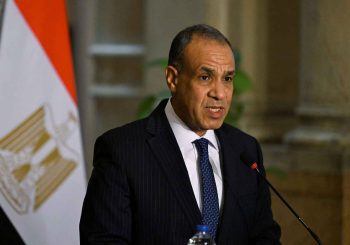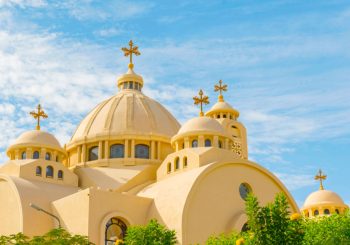Egyptian President Abdel Fattah Al-Sisi has granted a presidential pardon to British-Egyptian activist Alaa Abdel-Fattah and five other prisoners, following an appeal by the National Council for Human Rights (NCHR) earlier this month.
According to a presidential statement, the decision was made in line with constitutional and legal procedures after the NCHR submitted a clemency petition on 8 September. The Egyptian constitution authorizes the president to grant individual pardons that reduce or commute sentences without overturning judicial verdicts.
In its appeal, the NCHR stressed that releasing the prisoners would reflect “the humanitarian dimension of the state” and demonstrate concern for family unity, especially for children, the elderly, and people with disabilities.
Besides Abdel-Fattah, the pardon covers Saeed Magally Al-Dou Aliwa, Karam Abdel Samee Ismail Al-Saadany, Walaa Gamal Saad Mohamed, Alaa Ahmed Seif El-Islam Abdel-Fattah Hamad, Mohamed Abdel Khalek Abdel Aziz Abdel Latif, and Mansour Abdel Gaber Ali Abdel Razek.
Background on Alaa Abdel-Fattah
A leading figure in Egypt’s 2011 uprising, Abdel-Fattah has faced repeated prosecutions over the past decade. He was arrested in September 2019 and spent two years in pretrial detention before receiving a five-year prison sentence in 2021 for “spreading false news.”
In July 2025, a Cairo court removed him and six others from Egypt’s terrorism list, where he had been placed in 2020.
The NCHR said its petition followed repeated requests from families and a careful review of each case, describing the pardons as a “powerful moral incentive” to help families regain stability and balance.
The Egyptian government has, in recent years, expanded presidential clemency initiatives and increased reviews of pretrial detention, resulting in the release of hundreds of detainees.







Comments (0)